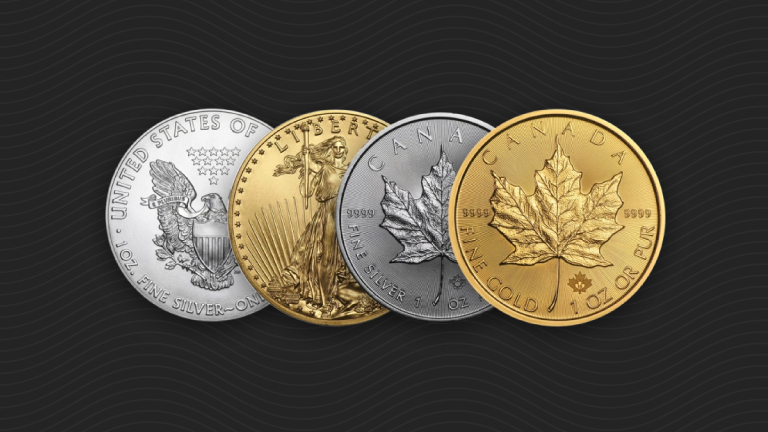A Little Understanding Goes a Long Way
By Peter Schiff
As the world confronts one of the most critical periods of economic upheaval that it has ever seen, it is clear that our most influential economic stewards have absolutely no idea what they are doing. But, like kids with a new chemistry set, they are nevertheless unwilling to let that stand in the way of their experimental fun. As they pour an ever-growing number of volatile ingredients into their test tubes, we can either hope that they magically stumble on the secret formula to cure the world’s ills, or more pragmatically, we can try to prepare for the explosion that is likely to result.
Recent comments from current and former Federal Reserve Chairmen, and from the leaders of the European Central Bank, have starkly illustrated this stunning lack of understanding. In an extended interview on CNBC today, former Fed Chairman Alan Greenspan, once considered the sagest of all economic gurus, admitted that he had no idea whether the Fed’s current quantitative easing program will help or hurt the economy. The Maestro simply said that we must wait and see, and if positive economic indicators come, then we may begin considering the policy to be a success. That’s some serious insight.
In other words, after dedicating his life to the study of macroeconomics, Greenspan is left with no deep understanding of how the injection of trillions of dollars of printed money affects an economy. The chicken who plays tic-tac-toe in Chinatown could likely offer the same level of critical analysis. To paraphrase Nancy Pelosi: according to Greenspan, we have to conclude the policy to know if it works. Although I have never been thought of as an economic expert by anyone with actual access to power, permit me to offer a thought on the subject: printing money creates inflation, which weakens an economy. Unfortunately, this kind of common-sense thinking never seems to penetrate academic circles.
Without fundamental understanding, all economists are left with is surface analysis of current data and an inclination to play probability and statistics. This is like a meteorologist opening the window, checking current conditions, and making predictions based on analysis of recent days. While this may be useful, it is no substitute for an understanding of atmospheric dynamics and climatology. In his interview, Greenspan essentially confirmed this bias for “open window” economics, saying that Ben Bernanke and Jean-Claude Trichet both follow the same models, but with different statistical sensitivities: Bernanke toward growth data and Trichet toward inflation data. In that sense, both are no better than Las Vegas odds-makers, with one putting his chips on inflation risk and the other betting on recession risk.
This gambler’s approach helps explain why economists fail to understand the obvious benefits of a strong currency. According to people like Bernanke, a weak currency is like an ace up the sleeve, a clever way to undercut the competition. The problem is either everyone does it and the game ends up swimming in aces, or Bernanke gets caught and other countries decided they don’t want to play anymore (sell Treasuries).
Conventional warfare in this arena used to involve central bank buying and selling currency reserves in the open. But in the aftermath of the financial crisis, these timid measures were abandoned. In the last few years, the United States has upped the ante and brought out unconventional weaponry. The trillions of dollars printed by the Fed are the economic equivalent of carpet bombing. Initially our enemies responded in kind, and sought to devalue their currencies in lock step. They fought fire with fire and showered liquidity on their own economies. However, as the collateral damage mounted in the form of surging food and energy prices, they have begun sounding the general retreat.
In an interview on CNBC this week, James Bullard, the President of the Federal Reserve Bank of St. Louis, claimed that the Fed’s easy money policies were not responsible for inflation overseas, arguing that foreign central banks had a choice. They could have allowed their currencies to rise, which would have kept prices from rising in their internal markets. Instead, they chose to prevent their currencies from rising – thereby importing our inflation. In other words, they had to choose between exchange rate stability and price stability. Apparently, they couldn’t stand the heat, so they are getting out of the kitchen.
Bernanke’s recent testimony before Congress, in which he argued that the Fed can’t be blamed for rising commodity prices, will surely increase international unease. Yet still, as the issuer of the world’s reserve currency, the Fed is blazing a trail that other central banks feel compelled to follow. It is no coincidence that inflation is highest in those nations that maintain a peg against the dollar. But making this fundamental connection is beyond the ability of our statistician-in-chief.
Bernanke makes another fundamental error by blaming higher commodity prices on faster global growth. Growing economies produce more stuff, which keeps prices in check. However, if money supply grows faster than production, prices rise. So, the increased demand to which Bernanke refers is merely a function of more money, not faster growth.
In the end, we will overwhelm our competitors with a show of extreme force. By the time the Fed rolls out QE IV or QE V, the US will emerge as the undisputed winner of the currency war. To the victor goes the spoils, which, in this case, will be higher consumer prices and interest rates and lower standards of living. On the other hand, the losers will enjoy rising living standards, as their stronger currencies serve to lower prices and increase consumption. If that doesn’t make perfect sense, maybe we should run it by the chicken.
Follow us on Twitter to stay up-to-date on Peter Schiff’s latest thoughts: @SchiffGold
Interested in learning about the best ways to buy gold and silver?
Call 1-888-GOLD-160 and speak with a Precious Metals Specialist today!

